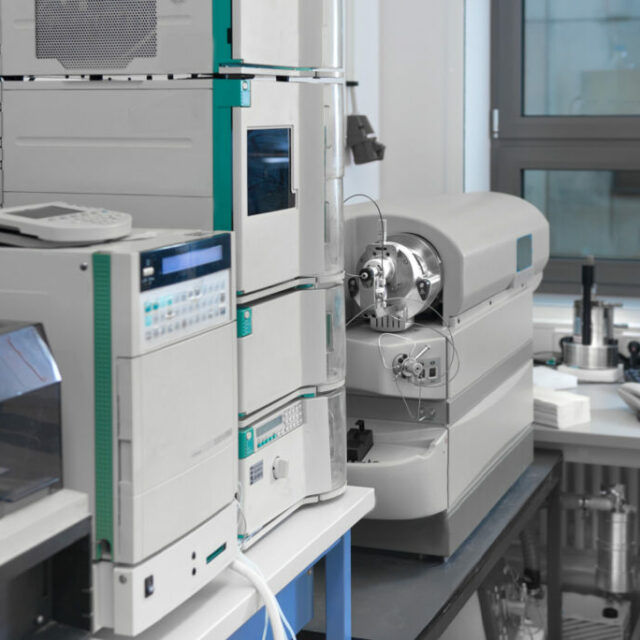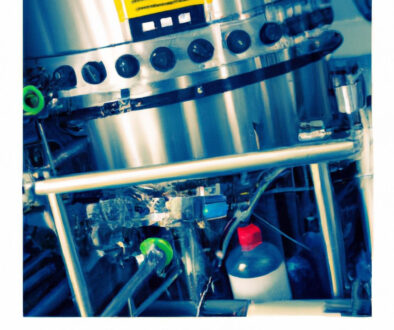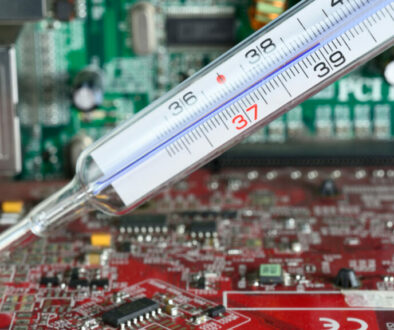Mass Spectrometry and Mass Flow Controllers
Mass spectrometry is a powerful analytical technique that is used to identify and quantify the composition of a sample. It works by ionizing a sample and then measuring the mass-to-charge ratio of the resulting ions. The ions are then separated based on their mass-to-charge ratio and detected by a detector.
One of the key components of a mass spectrometer is the Mass Flow Controller (MFC). The MFC is responsible for controlling the flow of gases, such as the carrier gas and the sample, into the mass spectrometer. This is important because the mass spectrometer must have a precise and consistent flow of gas in order to produce accurate and reproducible results.
A mass flow controller is a device that measures and controls the flow of a gas or liquid. It works by measuring the pressure difference across a restriction and then adjusting a valve to maintain a constant flow rate. The MFC can be used to control the flow of the carrier gas, which is the gas that is used to transport the sample into the mass spectrometer. It can also be used to control the flow of the sample itself.
The importance of the function of a mass flow controller in mass spectrometry cannot be overstated. Without a precise and consistent flow of gas, the mass spectrometer would not be able to produce accurate and reproducible results. This is because the mass spectrometer relies on the flow of gas to ionize the sample and to transport the ions to the detector. If the flow of gas is not consistent, the mass spectrometer will produce inaccurate results.
There is a wide range of applications and industries that utilize mass spectrometry. Some of the most common applications include:
- Environmental analysis: Mass spectrometry is used to analyze samples from the environment, such as water, soil, and air, to determine the presence and concentration of pollutants.
- Pharmaceuticals: Mass spectrometry is used to identify and quantify the components of drugs, as well as to detect impurities and contaminants.
- Food and Agriculture: Mass spectrometry is used to analyze food samples to detect pesticides, bacteria, and other contaminants, as well as to identify and quantify the components of food.
- Biotechnology: Mass spectrometry is used to analyze proteins, nucleic acids, and other biomolecules to study the structure and function of cells and tissues.
There are many different types of mass flow controllers on the market, each with its own unique features and capabilities. One of the best options for anyone working in an industry that utilizes mass spectrometry is the Kelly Pneumatics Mass Flow Controller. Kelly Pneumatic products are known for their superior performance and reliability. The Kelly Pneumatics Mass Flow Controller is no exception.



